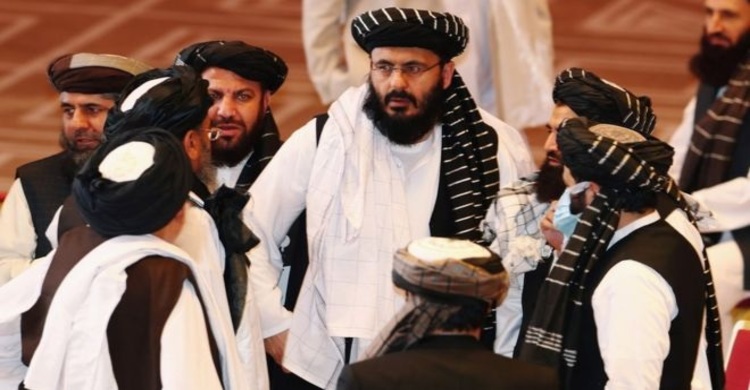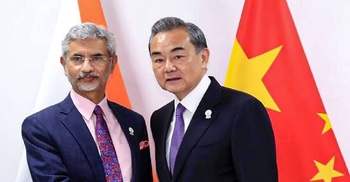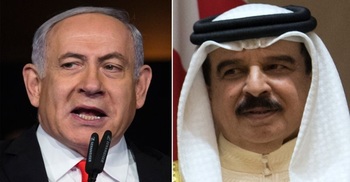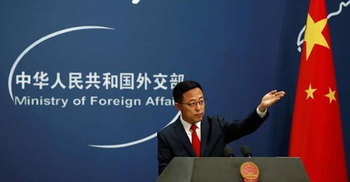Afghan govt urges ceasefire with Taliban

The Afghan government has called for a humanitarian ceasefire with the Taliban, as the first-ever peace talks between the two sides began in Qatar.
Abdullah Abdullah, who led the government's delegation, stressed that there was "no winner through war," reports BBC.
The Taliban did not mention a truce, reiterating instead that Afghanistan should be under Islamic law.
The US encouraged both sides to reach an agreement, telling them: "The entire world wants you to succeed".
Afghanistan has seen four decades of conflict, with tens of thousands of civilians killed.
The historic talks began on Saturday, one day after the 19th anniversary of the deadly 9/11 al-Qaeda attacks in New York, that led to the US beginning military operations in Afghanistan.
The conflict in Afghanistan has been the longest in US history.
These are the first direct talks between the Taliban and representatives of the Afghan government. The militants had until now refused to meet the government, calling them powerless and American "puppets".
The conflict is still continuing in Afghanistan, and the government says 12,000 civilians have been killed since February.
At Saturday's opening ceremony, the head of Afghanistan's peace council, Abdullah Abdullah, called for an immediate ceasefire, telling Reuters "one of the top most issues on the minds of the people is reduction in violence in a significant way".
He added that his delegation "represents a political system that is supported by millions of men and women from a diversity of cultural, social and ethnic backgrounds in our homeland", and that they hoped "to close the gates of war and pain forever".
Taliban leader Mullah Baradar Akhund, meanwhile, said he hoped negotiations would "move forward with patience".
He added he wanted Afghanistan to be "independent, united, and... have an Islamic system in which all tribes and ethnicities of the country find themselves without any discrimination".
The United States reached its own deal with the Taliban in February, and described the talks as a "truly momentous" opportunity.
"I think everyone sitting here today knows that it took hard work and sacrifice to reach this moment," Secretary of State Mike Pompeo said.
"The entire world wants you to succeed, and is counting on you to succeed."
Everyone taking part in the talks has acknowledged that they will be challenging.
Many worry that fragile progress made in women's rights could be sacrificed in the process, with one women's rights activist pointing out that "there is not a single woman" in the Taliban's negotiating team.
The talks also present a challenge to the Taliban, who will have to bring forward a tangible political vision for Afghanistan. They have so far been vague, stating they wish to see an "Islamic" but also "inclusive" government.
The talks may provide more evidence of how the militant group has changed since the 1990s, when they ruled using a harsh interpretation of Sharia law.







